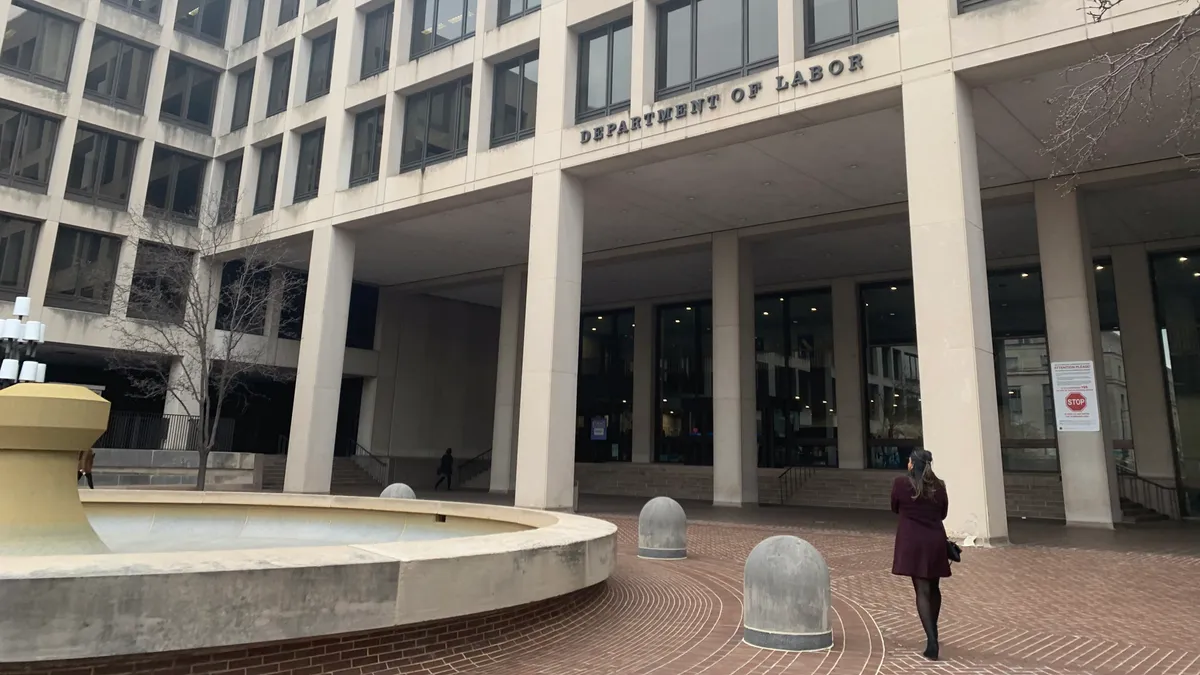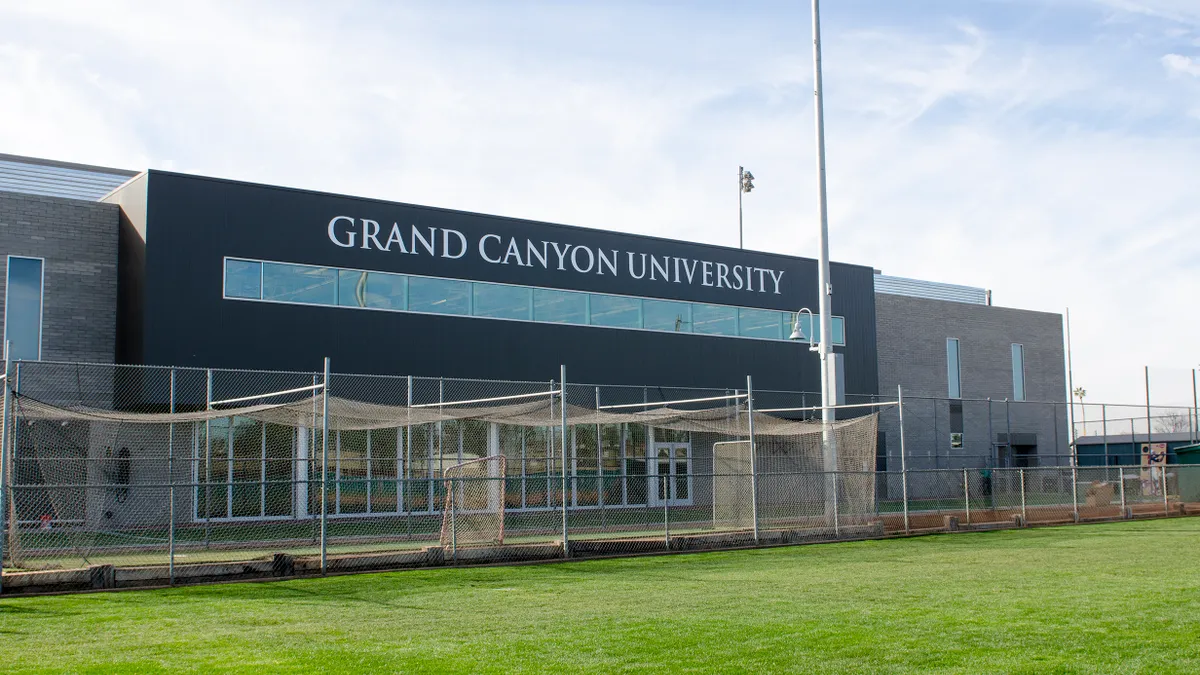Dive Brief:
- 2U, an online degree management company, is partnering with WeWork a co-working firm, to provide organized meet-ups and workspace sharing for online learners to help build a sense of community and connection to their respective campuses, reported The Atlantic. 2U students enrolled in its programs at universities, such as Georgetown and University of Southern California, can use space at any WeWork location to take tests or meet with study groups.
- The example follows the new retail model, which aims to create engaging experiences for customers via digital tools but provides extra rewards, such as in-person boutique shopping or consultation opportunities, to get shoppers into stores. Some experts say this model closely resembles how students from traditional online programs would come to campus to participate in the commencement ceremony.
- Another trend noted in The Atlantic article was brevity and access of programs so students can begin work on a graduate degree without committing to a years-long program. For instance, MIT's initial launch of online MicroMaster degrees in 2015 attracted more than 1.3 million sign-ups in nine months.
Dive Insight:
If the retail model is the guideline for how the academic enterprise should operate and adjust, then the old saying "the future is now" may even be outdated in describing how quickly schools must learn to meet student needs and expectations. Clearly, students want the convenience, flexible scheduling and adaptive curriculum of online education that come with learning modules rather than a traditional curriculum. But many still want the experience of belonging to a campus culture, and this is where colleges can look to develop and monetize these experiences.
In the way that for-profit institutions have used the satellite classroom model to provide a scalable in-person learning and networking experience, traditional campuses with online programs can use regional opportunities to engage students outside of the classroom. It isn't difficult to send students in specific cities an email about places in their area that host fans of college sports teams playing in big televised games. For institutions offering open source courses or competency-based models, conducting colloquia for regions with high student populations is an ideal way for students to engage with faculty and to experience a version of student life.
The solutions may cost some money, but the benefits of potential retention and graduation rates could pay off in big ways for all kinds of institutions following the philosophy of meeting students where they are.












